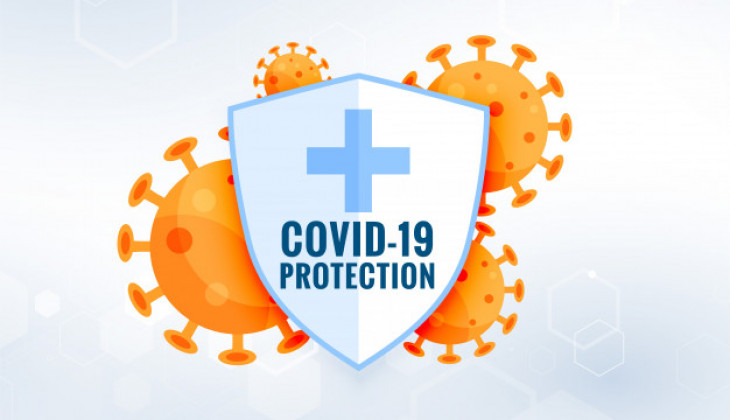Covid-19 has become a global pandemic that has killed millions of people. Scientists and researchers in various parts of the world have conducted studies to find antiviral drugs for Covid-19.
Professor of UGM Faculty of Pharmacy, Prof. Djoko Wahyono said that no specific antiviral drug has been proven effective until now and is recommended officially for the Covid-19 virus. Most of the drugs used in Covid-19 clinical trials are repurposing drugs or using existing drugs for other indications as Covid-19 treatment.
“More than 600 clinical trials around the world are currently being carried out with various drugs, most of which are drug repurposing,” he explained in the post-duty webinar “Molecular Virus Detection and Development and Clinical Trials of Antiviral Drugs to Stop the Spread of Covid-19”, Tuesday. (6/4) This event is also a series of opening commemorations of the Faculty of Pharmacy’s Lustrum XVI.
He said that no new Covid-19 antiviral drug has received approval from the state drug authority agency, including Indonesia’s BPOM. Current Covid-19 treatment uses existing drugs with Emergency Use Authorization (EUA) while considering emergency conditions. Previously developed drugs for COVID-19 treatment are chloroquine/hydroxychloroquine, lopinavir/ritonavir, ribavirin, oseltamivir, umifenovir, remdesivir, and favipavir (avigan).
“The advantage of using repurposing drugs is to speed up drug discovery because phase 3 clinical trials can be carried out immediately, considering the safety aspects are known,” he explained.
According to Djoko, clinical trials are an important step in proving the benefits to humans. In addition, they should follow good clinical practices to ensure that the data and results reported are accurate and reliable. It also guarantees that the rights of integrity and confidentiality of clinical trial subjects are protected.
An expert in Pharmaceutical Chemistry of UGM Faculty of Pharmacy, Prof. Kuswandi explained the potential of plants as a source for the development of antiviral drug synthesis. He said that Indonesia is a country with abundant biodiversity, being the second-largest in the world after Brazil.
“Indonesia is has rich natural resources with 940 species of medicinal plants in our forests,” he explained.
Although it has many species of medicinal plants, according to Kuswandi, Indonesia is still importing medicinal raw materials by importing from other countries. The potential is quite big. The opportunity for drug development using local plant raw materials is very wide open.
Another expert in Pharmaceutical Chemistry of UGM Faculty of Pharmacy, Prof. Sismindari describes the development of the molecular detection of SARS Cov-2. She explained two ways to identify virus-specific molecules or those in the host due to infection: at the protein level (e.g., antibody and antigen tests designed to detect the SARS Cov-2 protein produced by a virus that replicates in the body of an infected person), and at the level of nucleic acids, both RNA and DNA.
In the event, the UGM Epidemiologist, Dr. Riris Andono Ahmad conveyed that the transmission of Covid-19 continued to occur because the population has not been immune yet. High mobility further increases the transmission of Covid-19.
Riris said that the government is currently implementing Covid-19 control strategies through implementing 3M, 3T, PSBB, and vaccination. Regarding vaccination, he said that vaccines are a potential technology to reduce the transmission rate of Covid-19.
“Vaccine does not necessarily stop the pandemic, but it is very effective in reducing the number of new cases, morbidity, and mortality,” he explained.
Source: https://www.ugm.ac.id/id/berita/20960-fakultas-farmasi-ugm-buka-rangkaian-peringatan-lustrum-xvi



